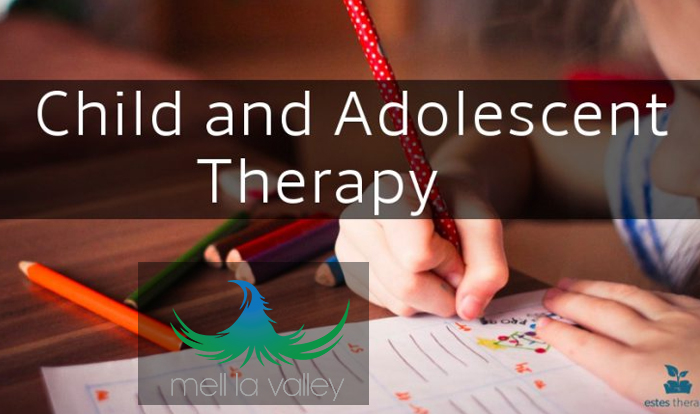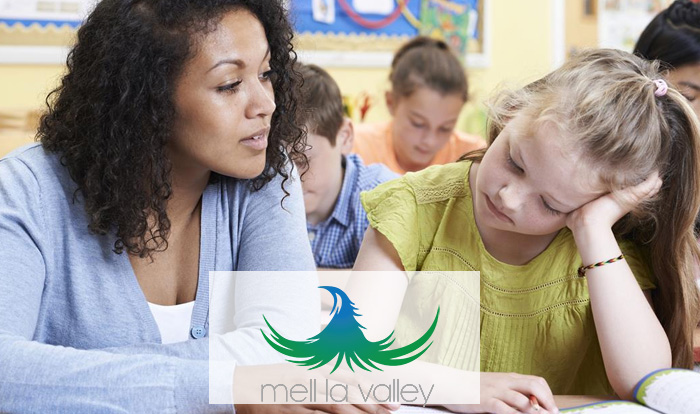Kids Therapist Roseville
Learning new strategies to meet the challenges of growing up
All kids have emotional ups and downs: periods of moodiness, trouble with friends, dips in academic performance.
But how do you know if your child is struggling with something more serious? And when should you seek professional help?
Some struggles are normal
“Certain amounts of moodiness, anxiety, and social and school difficulties are expected as kids grow up,” says Kids Therapist Roseville Mell La Valley – LMFT, CEGE. “In my profession, they are commonly referred to bumps in the road.”
These normal developmental challenges may require your child to change perspectives or learn new skills. In most cases, if you offer support, sensitivity and patience, your child can figure it out.
“When these types of events occur, I encourage parents to try to first listen and then validate their child’s experience,” Mell La Valley says.
It is very common for a parent to want to rapidly intervene and try to be a problem solver, but sometimes it is enough just for children to know that they are understood and heard. She suggests using phrases like, “I can see that this is really tough for you,” or “I have noticed that you have been struggling lately.”
“You will be surprised to see how far the validation of your child‘s experience can help with making them feel heard,” she says. “Then your child will be much more receptive to engaging and talking about how to get through issues as they arise.”
When to seek help
Yet what seems like a normal childhood difficulty can sometimes turn into something more serious. Mell La Valley says you should be concerned if your child:
Has problems in multiple areas of life, such as family relationships, academic performance, leisure activities and friendships.
- Starts feeling bad about himself or herself, less confident or less effective.
- Shows excessive worry about the future.
- Expresses hopelessness.
- Withdraws from family, friends or activities he or she used to enjoy.
- Has a significant change in sleep habits or appetite.
- Engages in negative behavior more frequently.
- Has repetitive, self-destructive behaviors such as hair-pulling or skin-picking.
- Talks about or engages in any kind of self-harm.
- Makes comments like “I wish I weren’t here,” or “Nobody would care if I ran away.”
- Talks explicitly about suicide.











